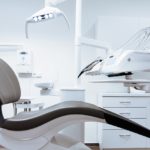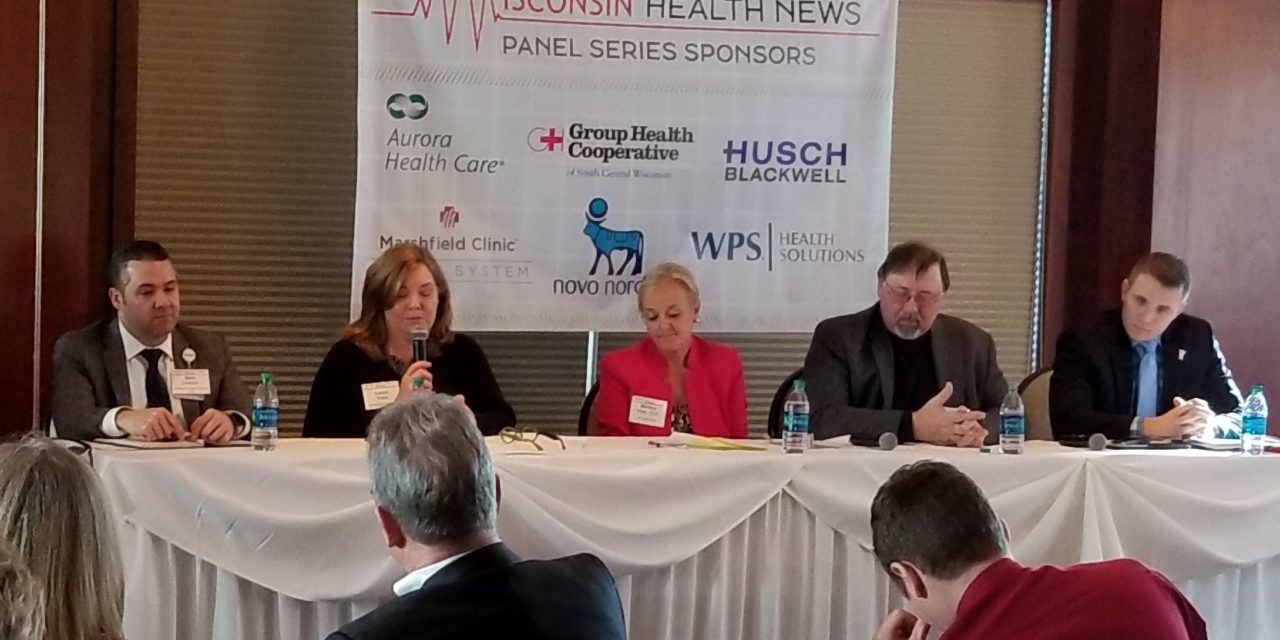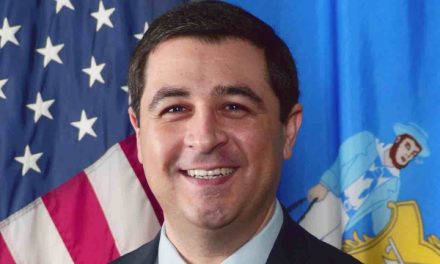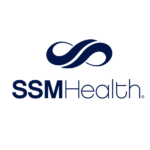
Panel: Increased funding, better cooperation key to improving dental access

Increased funding and more cooperation among stakeholders would help improve access to dental care, according to some panelists at a Wisconsin Health News event Tuesday.
A better public grasp of the seriousness of the problem is also needed, said Greg Nycz, executive director of the Family Health Center of Marshfield.
“We have to find a way to break through, with the media and everything else, to help people understand how many of their fellow citizens are suffering and how much better we would be as a society if we simply committed to fixing it,” he said. “A policy change is going to require some grassroots support for this. And you can’t really get that if people don’t understand how difficult this is for so many people in society.”
Dr. Monica Hebl, speaker of the Wisconsin Dental Association House of Delegates, said it’s important that oral health advocates are on the same page. There also has to be a financial part.
“As you put money in, low and behold, prevention takes effect and it costs a lot less in the back end,” she said. “That’s where we hope we to get someday. “
Matt Crespin, associate director of the Children’s Health Alliance of Wisconsin, echoed Hebl’s statement.
“The finance piece of it is really a critical component,” he said. “You can add new provider types – [expanded function dental auxiliaries], dental therapists – change the education model. You can do all these different things. But I think all that really does is get at the fringe.”
Additional funding won’t solve everything, said Casey Himebauch, the state’s deputy Medicaid director.
About 37 percent of dentists in Wisconsin see Medicaid patients, according to Himebauch. That’s well below the rate for physicians.
“This is a major problem,” Himebauch said. “Increased rates are not the only answer.”
Medicaid reimbursement is bad for everyone, said Laura Rose, vice president of policy development for the Wisconsin Hospital Association.
“We just need to think of a way to break down the silos between the medical and dental divide and see it as a holistic issue,” she said.





